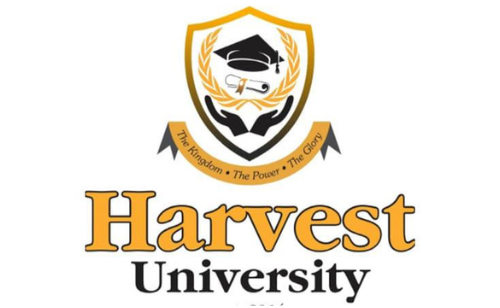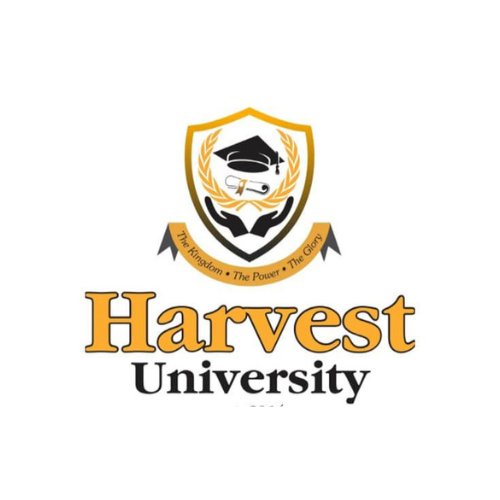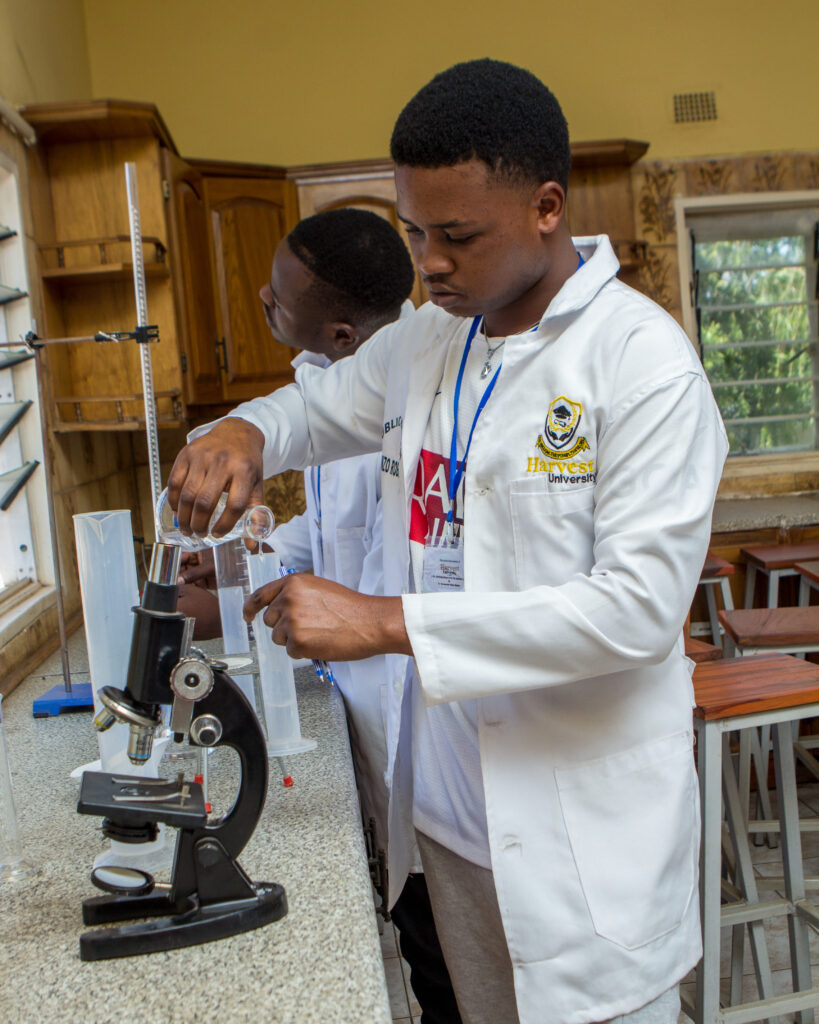About Course
Introduction to Bachelor of Science in Animal Science and Production:
The Bachelor of Science in Animal Science and Production program at Harvest University is designed to provide students with a comprehensive understanding of animal biology, husbandry, and the principles of sustainable livestock production. This program integrates theoretical knowledge with hands-on experiences, preparing graduates for rewarding careers in animal agriculture, research, and related industries. Through a dynamic curriculum, students will gain expertise in animal health, nutrition, breeding, and the ethical considerations of animal production.
Program Structure:
Year 1: Foundations of Animal Science
- Introduction to Animal Science and Production
- Biology of Animals
- Animal Nutrition
- Principles of Genetics
- Mathematics for Animal Science
- Communication Skills for Animal Science
- Principles of Agriculture
- Introduction to Veterinary Science
Year 2: Core Animal Science Competencies
- Animal Physiology
- Livestock Production Systems
- Animal Behavior and Welfare
- Forage and Pasture Management
- Reproductive Physiology in Animals
- Animal Health and Disease
- Animal Breeding and Genetics
- Principles of Animal Husbandry
Year 3: Specializations and Applied Practices
- Animal Science and Production Internship I
- Ruminant Nutrition and Management
- Swine Production and Management
- Poultry Science and Production
- Aquaculture and Fishery Science
- Animal Biotechnology
- Ethical Issues in Animal Agriculture
- Elective: Agricultural Economics
Year 4: Advanced Topics and Professional Development
- Animal Science and Production Internship II
- Advanced Animal Nutrition
- Animal Reproductive Technologies
- Animal Product Technology
- Animal Science and Production Capstone Project
- Professional Development in Animal Science
- Elective: Sustainable Livestock Production
- Elective: Animal Health Management
Note:
The program provides a strong foundation in the first two years, covering fundamental animal science and production concepts.
Internships in the third and fourth years provide students with practical experience in real-world animal production settings.
The capstone project allows students to integrate their knowledge and address complex challenges in animal science and production.
Elective courses offer flexibility for students to explore specific areas of interest within the broader field of animal science and sustainable agriculture.
This program structure is a general representation, and specific course titles may vary. It’s recommended to refer to Harvest University’s official program guide or contact the academic department for the most accurate and up-to-date information on the curriculum and course offerings.


